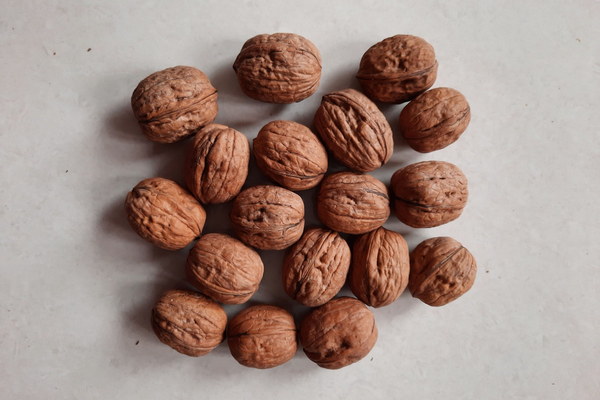Can Amaranthus Viridis Alleviate Dampness in the Body
Amaranthus viridis, commonly known as wild amaranth or pigweed, is a leafy green vegetable that has been cultivated for centuries in various parts of the world. This nutritious herb has been traditionally used in folk medicine to treat a range of ailments, including the removal of dampness in the body. But can wild amaranth truly alleviate dampness? Let's delve into the subject and uncover the truth behind this age-old belief.
Dampness, also known as damp-heat or dampness invasion in traditional Chinese medicine (TCM), is a concept that refers to the accumulation of dampness in the body, which can lead to various health issues. It is believed that dampness can result from factors such as excessive moisture in the environment, poor diet, or stress, and it manifests as symptoms like fatigue, bloating, joint pain, and weight gain.
Wild amaranth is considered a cooling and drying herb in TCM, making it a natural choice for alleviating dampness. The leaves and stems of this plant contain various bioactive compounds, including vitamins, minerals, and antioxidants, which contribute to its potential health benefits.
1. Nutritional Value of Wild Amaranth
One of the primary reasons why wild amaranth is believed to alleviate dampness is its high nutritional value. It is rich in vitamins A, C, E, and K, as well as folate, calcium, iron, magnesium, potassium, and fiber. These nutrients support overall health and may help to eliminate dampness by providing the body with the necessary building blocks for detoxification and repair.
2. Antioxidant Properties
The antioxidants found in wild amaranth, such as chlorogenic acid and quercetin, play a crucial role in fighting free radicals and reducing inflammation in the body. By reducing inflammation, these antioxidants may help alleviate symptoms associated with dampness, such as joint pain and bloating.
3. Diuretic Effects
Wild amaranth has been shown to have diuretic properties, meaning it can increase urine production and promote the elimination of excess water from the body. This can be particularly beneficial for individuals suffering from dampness, as it helps to remove accumulated moisture and reduce symptoms like bloating and swelling.
4. Detoxification and Liver Support

The liver plays a critical role in the body's detoxification process, and wild amaranth has been found to support liver function. By promoting the elimination of toxins, wild amaranth may help to alleviate dampness by improving overall detoxification.
5. Folk Remedies and Modern Research
Traditional uses of wild amaranth in folk medicine are supported by some modern research. For example, a study published in the Journal of Ethnopharmacology in 2013 found that wild amaranth extract had anti-inflammatory and antioxidant properties. Another study, published in the Journal of Functional Foods in 2018, indicated that wild amaranth could be a potential source of bioactive compounds with health benefits.
In conclusion, while there is no definitive evidence that wild amaranth can cure dampness, its nutritional value, antioxidant properties, diuretic effects, and potential to support liver function make it a promising herb for alleviating dampness symptoms. Incorporating wild amaranth into your diet can be a healthy and natural way to promote overall well-being, especially if you are prone to dampness-related issues.
To experience the benefits of wild amaranth, you can add it to salads, soups, or stir-fries. However, it is essential to consult with a healthcare professional before starting any new herbal treatment, as some individuals may have adverse reactions to certain herbs or may need to avoid them due to pre-existing health conditions.









